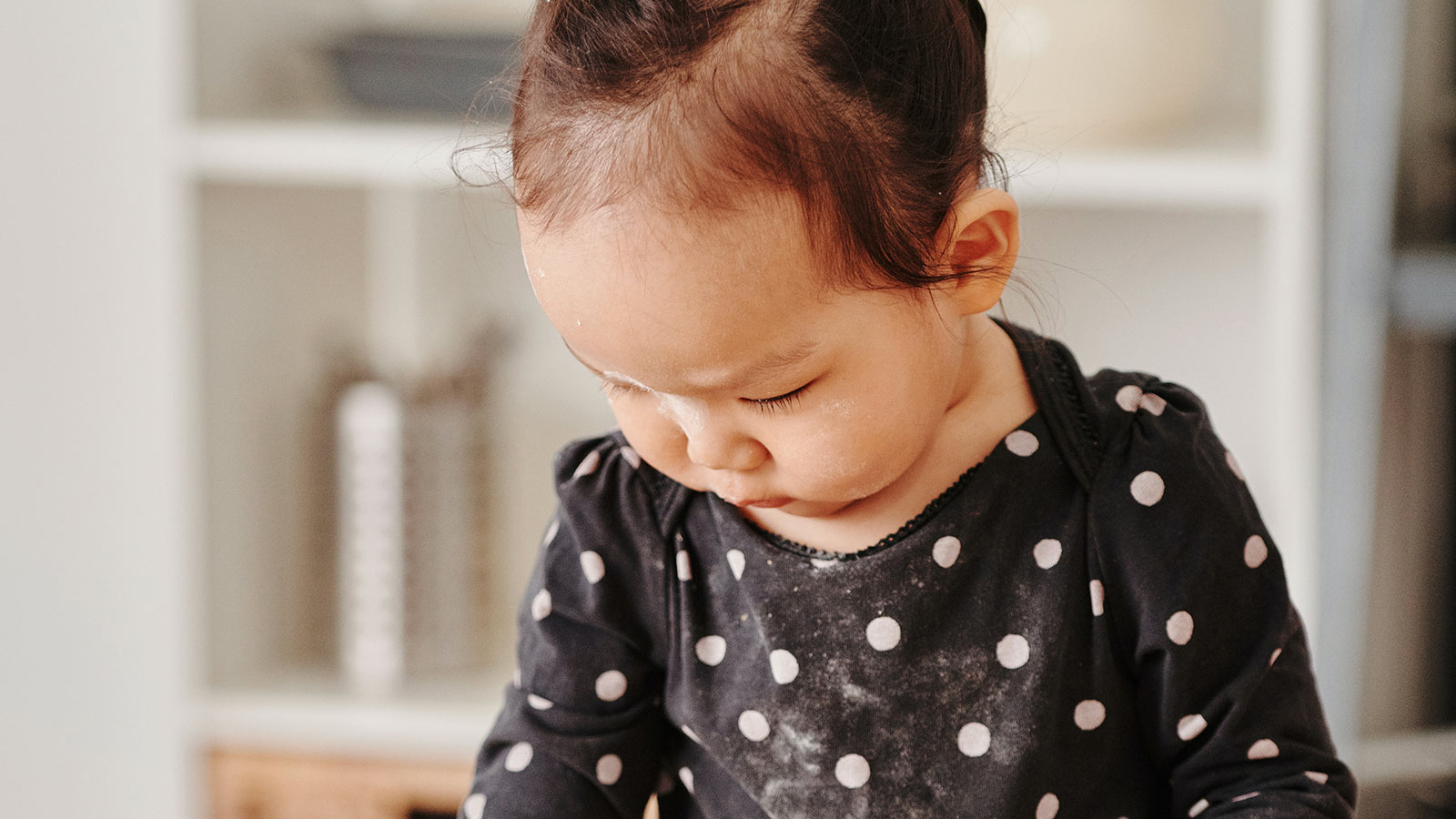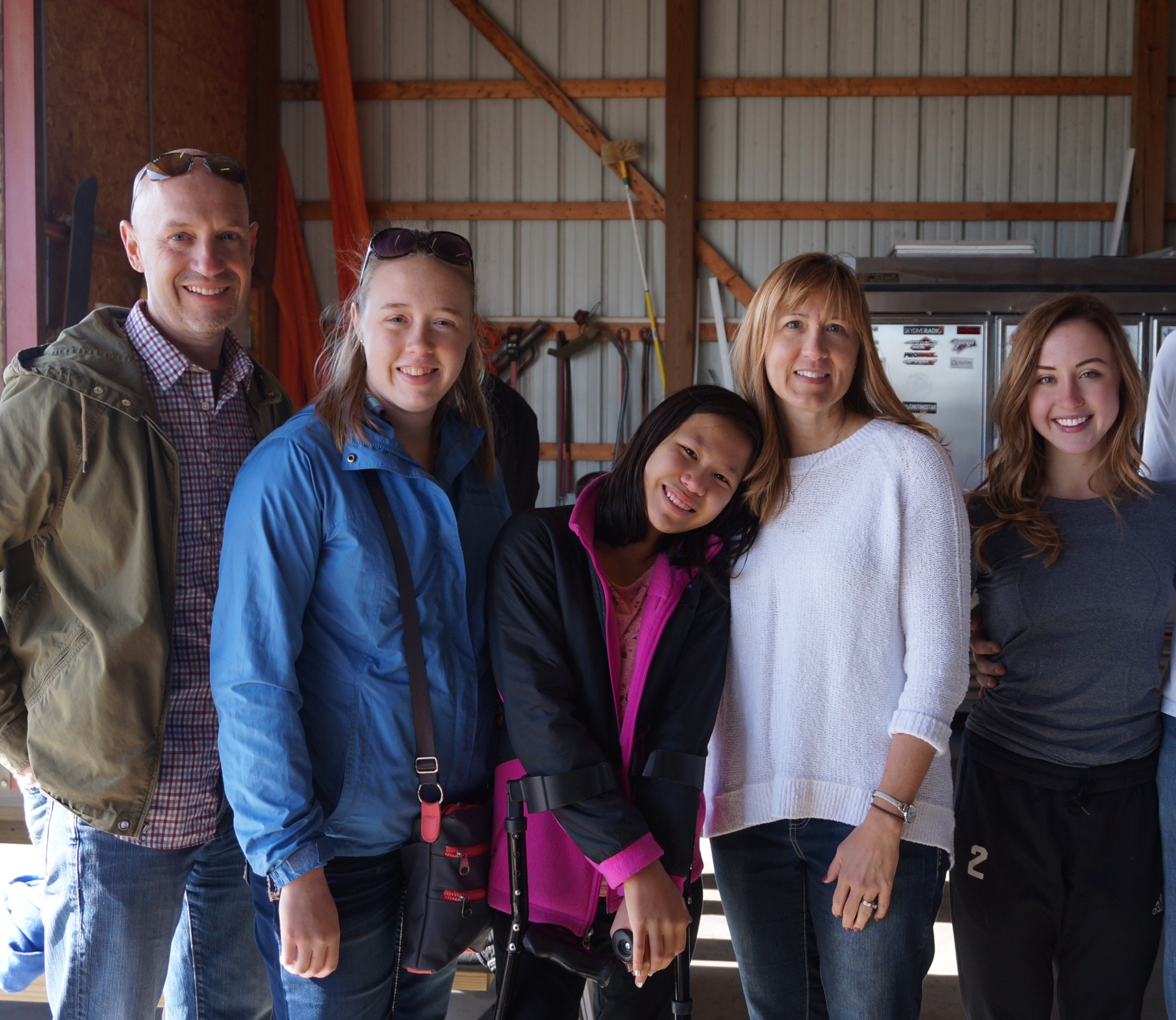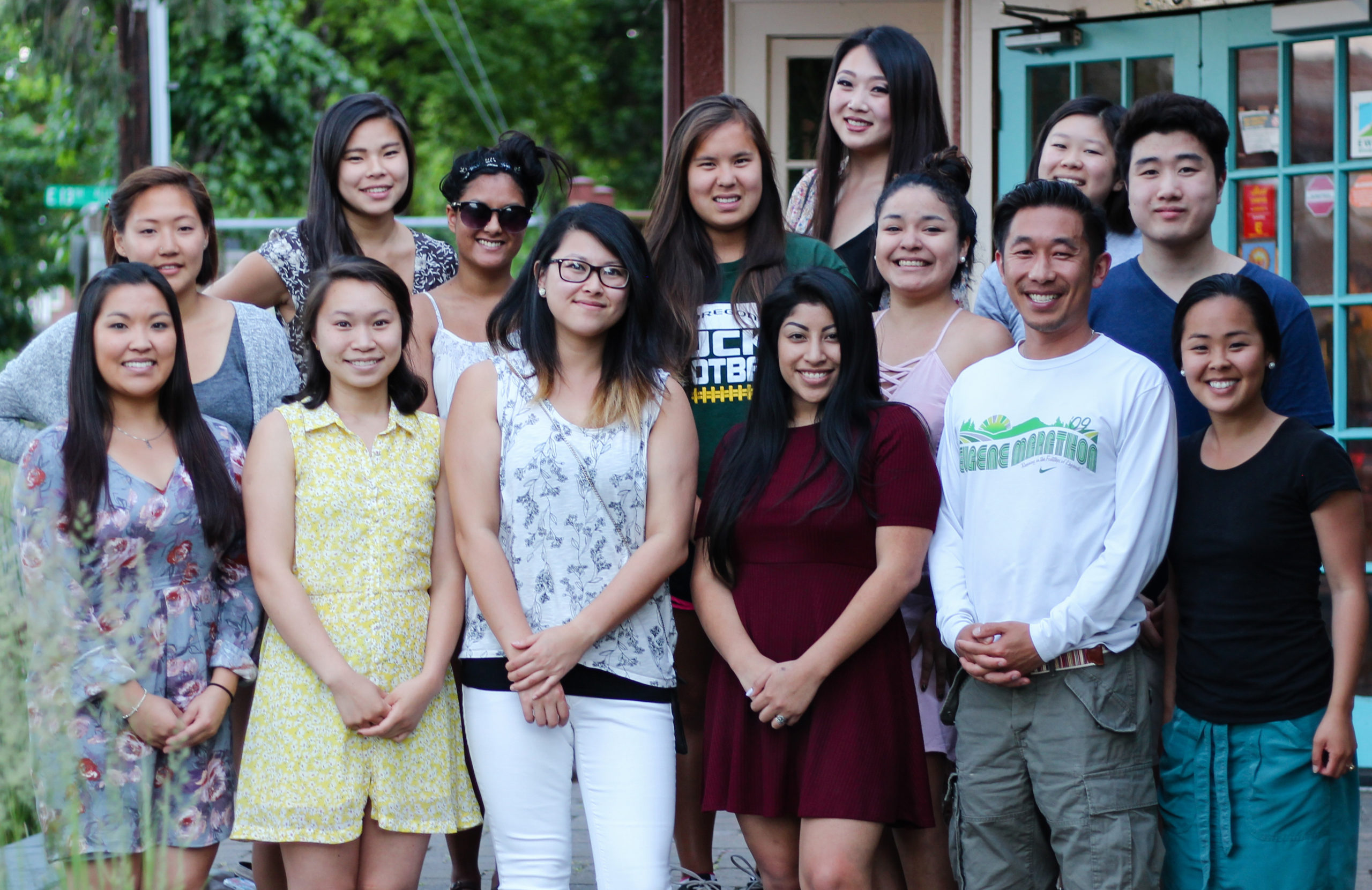In a blog post for friends and family, a Holt adoptive mom answers some of the questions she and her husband have received since they arrived home with their daughter.
If you know us personally, we need you to read this:
We need to have a chat with y’all. We’d like you to know that we’ve had quite some time to plan for this adoption. We’ve read books, been to conferences, learned from the best doctors and teachers in the adoption world. With that being said, we KNOW we still have a lot to learn. We aren’t perfect and never will be. But we have our parenting style planned. And guess what? It might not be like yours. It’s different. We know that is going to raise questions from many of you, and from some of you it already has. So we wanted to answer them for you now…
1. “Why aren’t you out more, and why can’t we come over and visit?”
Our daughter needs to understand who her parents are. She needs to bond with us and us only. The more people around, the more it might confuse her. The less we are out and about to begin with, the better. Plus, a big way to help a newly adopted child adjust to her new family is to limit stimulation. There is enough internal stimulation as well as simply being in a completely different culture with completely new caregivers AND a new language. Time will tell how much we are out and about for the rest of the year, but as much as we can simplify our life, we will.
2. “Come here and let me hold you!”
I will warn you, our daughter is gorgeous. So you might be tempted to pick her up and kiss her cheeks. This, again, is an intimate experience we want reserved for our family for the time being. High fives, waving hello, big smiles, a pat on the back are all appropriate ways to interact with her. We need to keep the snuggles limited to our immediate family…only for a while!
3. “Why do you feed her when she can feed herself?”
The problem is that many kids in an orphanage learn to be independent too soon. She probably learned this early on just so the orphanage could be efficient. Feeding is a basic bonding opportunity. Infants receive nourishment from their mothers and it triggers all those ‘feel good’ hormones that are a baseline for attaching to her. When we feed our daughter, we are trying to engage some of those same hormones and simulate that type of experience for her. We will also try other ways to connect during mealtime, like making a lot of eye contact as she’s chewing. We also need to be the ONLY source of food for her for at least six months. So, while it is kind for others to offer children lollipops or treats or drinks or anything, we really need her to receive those things from us as we’re laying this foundation.
4. “She can walk… Why do you carry her?”
It is highly unlikely that she received enough holding as a baby. Carrying her not only helps her start to feel comfortable in that intimate position, it also helps her vestibular system develop in areas where it may be lacking. Adjusting to keep her body positioning helps her become more aware of her body. Also, I can’t stress enough that bonding and attachment is critical… another reason why we carry her every chance we get.
5. “She’s 3, but you treat her like a baby. Why is that?”
It is said that for every three months in an orphanage, a child loses one month of development. So while she is 3, she might not be there developmentally just yet (even though she seems brilliant to us!). We are trying to re-do a few steps in her development that she may have missed. She will be able to pass through these developmental stages more quickly, but we need to make sure she gets to pass through them. For example, we don’t know if she got rocked to sleep as a baby. She should’ve and she needed it, so we’ll make sure she gets it with us. That cycle of distress and finding comfort in us is one we’ll be practicing together for a while. Our baby never got treated as an infant, and it’s critical for bonding… This is why we do it.
6. “She’s acting up, why don’t you say no or put her in time-out?”
Some of the typical parenting strategies backfire with children from high-stress backgrounds. Isolating her in a time-out risks communicating to her that when she makes poor choices, we will leave her. Our hope is to keep her in TIME-INS. We can sit quietly, take a break, but be together. As language develops, we can use our words to describe what happened and what needs to happen in the future. Discipline is going to be an ongoing learning experience. We will probably have mastered it all just as she turns 18.
Again, we’re new to this, and we don’t have it all figured out. What we DO have figured out, we ask that you respect. We appreciate your advice and suggestions on how to parent, but we just can’t parent in all the same ways you can.
We’re so excited for this journey and so THANKFUL for each and every one of you being so supportive of us. We could have NEVER done this if it wasn’t for our community.
*Written by a Holt adoptive mom and originally published on her personal blog. Names not shared to protect privacy.


